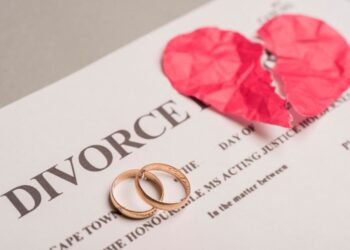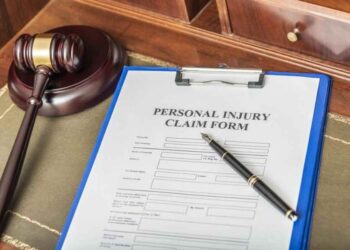While it isn’t uncommon to get an injury in a car accident, it should be known that personal injury and car accident claims aren’t the same thing. More specifically, how you navigate them both comes with quite a few unique details as well.
For example, personal injury claims commonly focus on a broad range of accidents and their causes. When it comes to car accident claims, these are solely covering vehicle-related accidents, and nothing more. This can understandably be quite confusing for the everyday individual. That’s why this article will dive into the key differences between personal injury and car accident claims.
Definition and Scope of Personal Injury Claims
Any legal case that actually involves harm caused by either intentional or negligent actions falls into the personal injury category. This is commonly found in cases like workplace injuries or malpractice in medicine, for example. Other key details that personal injury claims address include:
- Lost wages
- Emotional distress
- Incurred medical expenses
These are just a few surface-level examples, and you can expect that each case requires a unique approach. Not to be confused with car accident claims, personal injury is an entirely different legal direction of its own.
Understanding the Details in Car Accident Claims
Known as a subset of personal injury claims, car accident claims come with a bit of a narrow focus. Any injuries or losses that stem directly from a car accident would likely fall into this claim category. Notable details about car accident claims include:
- Considering traffic laws where the accident happened
- Navigating negotiations with insurance companies
- Processes in determining fault
- And more
The rule book with these types of claims might be a bit slimmer, but that doesn’t make them any less important. You’re bound to encounter unique outcomes depending on where you live. Whether you’re looking for a Chicago car accident lawyer or one in Los Angeles, they’re going to handle things a bit differently. Keep in mind this is mainly based on local laws and regulations.
Legal Processes to Consider
With personal injury claims, the legal process will come with quite a few steps. From examining duty of care, breach, and all the details related to harm, personal injury claims include a lot of itemizing. This is only made possible with the help of factual evidence, which is a must if you want to reach a settlement. Evidence gathering generally includes collecting the following pieces of information:
- Witness statements
- Medical records
- Potential testimonies
- Identity and insurance information
The details matter when it comes to the law, regardless of how minor the situation might seem. Car accident claims tend to feel more straightforward much of the time. With most car accidents, you’ll go through the process of reporting it, filing an insurance claim, and collecting driver documentation.
Endnote
If you’ve never been in a car accident, then there’s a good chance all of this could feel a bit overwhelming if it happens. That’s why it’s best to be prepared and educated about the topic. Through due diligence, you can ensure everything about your claim falls into place as it should. Always make sure to have clear evidence available to ensure your claim processes without a hitch.










